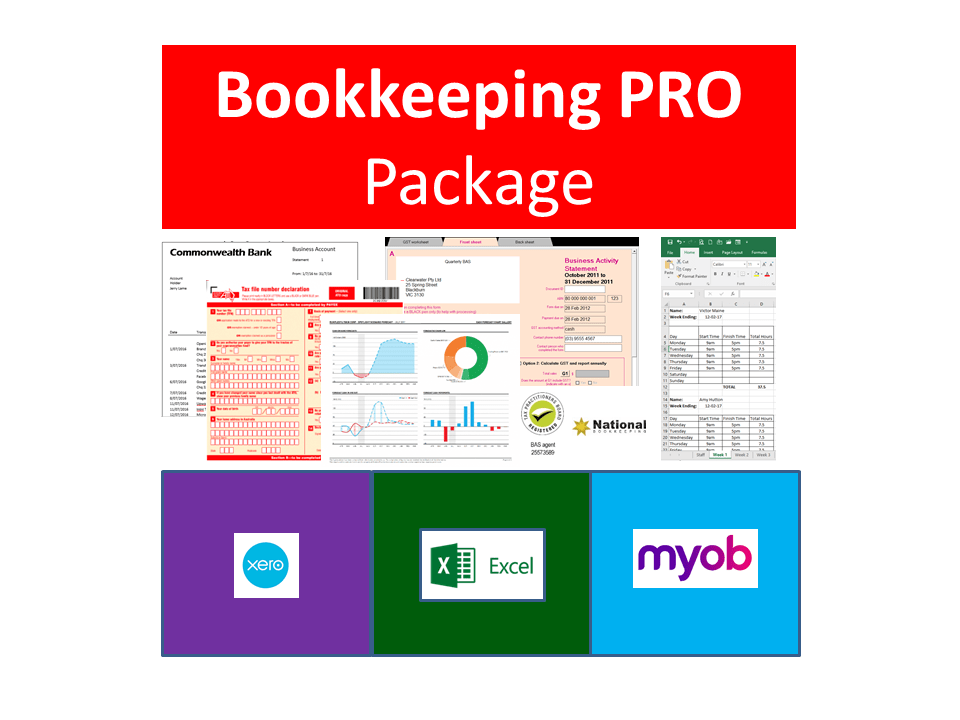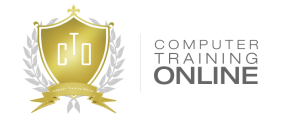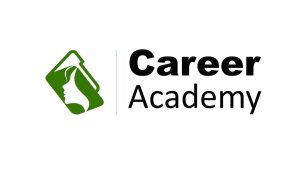This information is taken from the Australian Government Office Training Qualifications Website.
PERFORMANCE CRITERIA
1 Implement effective workplace communication .
1.1 Effective workplace communication systems and equipment are implemented to facilitate an accurate exchange of workplace information.
1.2 Problems and conflicts within the work team are negotiated and resolved using appropriate interpersonal techniques and communication skills .
1.3 Team meetings and briefings are regularly conducted to increase the level of information exchange.
1.4 Communication among team members is facilitated to ensure enhanced relationships, safety and respect for individual social and cultural differences .
2 Assess communication techniques .
2.1 Verbal communication techniques of individuals are assessed to ensure use of clear language which is appropriate to the audience.
2.2 Body language and non-verbal behaviour of individuals is assessed to ensure professionalism and correct meaning is conveyed.
2.3 Active listening skills of individuals are employed and assessed and questioning techniques used to clarify issues.
2.4 Written communication of individuals is assessed in accordance with organisational standards .
2.5 Comprehension of information received by individuals is assessed to ensure accuracy of information exchange.
2.6 Individual learning opportunities are identified and implemented to ensure effectiveness of communication techniques in accordance with organisational and legislative requirements .
3 Implement conflict resolution techniques .
3.1 Procedures for conflict resolution are developed and implemented.
3.2 Control, professionalism and objectivity is maintained at all times during conflict situations in accordance with legislative and organisational requirements.
3.3 Effective communication skills and interpersonal techniques are used to defuse or resolve conflict.
3.4 Feedback is given assertively and received non-defensively during negotiations.
3.5 Appropriate solutions are implemented which comply with organisational procedures and legislative requirements.
3.6 Expert advice or assistance is sought as required in accordance with organisational procedures.
REQUIRED SKILLS AND KNOWLEDGE
This section describes the skills and knowledge and their level required for this unit.
Required skills
- access and use workplace information
- active listening
- adapt personal communication style to a variety of situations
- coaching and mentoring to provide support to colleagues
- communicate in a clear and concise manner
- communicate with people from a range of social, cultural and ethnic backgrounds and physical and mental abilities, including young people
- de-escalate incidents
- demonstrate ethical and professional behaviour
- negotiate and mediate conflict situations
- planning
- recognise and respond to conflict situations
- research, analyse and interpret information from a variety of people and reporting
- use a range of communications equipment
- use communication skills effectively
- use verbal communication to take control of situations.
Required knowledge
- applicable legislative compliance requirements relating to the security industry (eg use of force, apprehension and restraint, inspection of people and property etc)
- approved communication terminology and call signs
- available support agencies and the types of services offered.
- difference between negative and positive language
- differences between written and spoken English
- how to read and use body language to gain confidence of others
- how to record information which may be used for legal purposes.
- how to safeguard confidential information
- how to use business equipment to present information
- impacts of social and cultural differences on the effectiveness of communication
- negotiation techniques
- organisational standards for the presentation and maintenance of written information
- power plays and how they are used in conflict situations
- tactical response measures
- types and uses of communications equipment
- typical internal and external barriers to effective communication in the workplace.
| Communication skills may include : | active listening comprehension negotiation note-taking positive body language questioning reading accurately speaking clearly summarising writing. |
More detailed information on this subject is available here.





